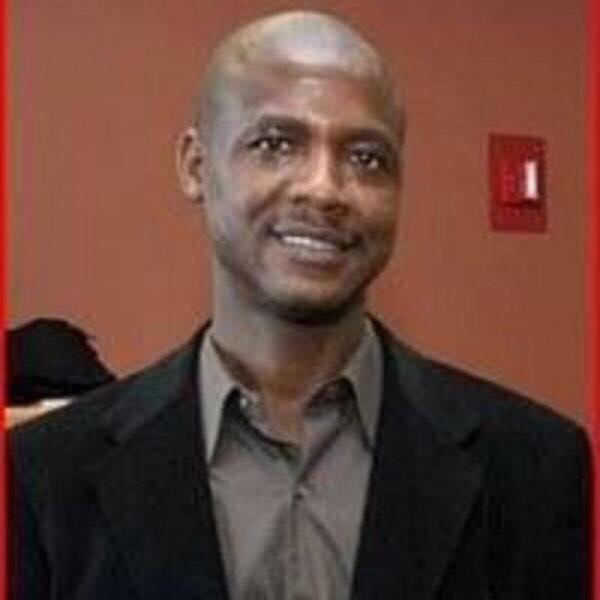Alagi Yorro Jallow
Sheikh Tijan Bah 58, a practicing Muslim, he was excited to attend the Hajj this year after learning about the initiatives taken by the Saudi government to make the it accessible to Persons with Disabilities. These arrangements include allocating special blocks for tawaf establishments and domestic pilgrim companies to serve the disabled. The Saudi government has also decided to allocate special restrooms and signs to guide the disabled to the special utilities.
However, Sheikh Tijan’s excitement would not last long because to perform Hajj from the Gambia “persons whose legs are amputated, who are crippled, handicapped, lunatic or otherwise physically / mentally incapacitated and those afflicted with polio, tuberculosis, congestive cardiac and respiratory ailment, acute coronary insufficiency, coronary thrombosis, mental disorder, infectious leprosy, AIDS or any other communicable disease / disability may not allow to travel to perform the Hajj”. These guidelines are grossly violating the Rights of Persons with Disabilities Act, which seeks to promote equality and non–discrimination for Gambia’s disabled community.
In addition, it is extremely offensive to refer to a Person with Disability as ‘crippled’ or ‘lunatic’. Incidentally, other Muslim countries allows Persons with Disabilities to attend and perform the Hajj. Sheikh Tijan was shocked and saddened on reading these guidelines. “Since childhood it’s my dream to kiss the Kaaba and to feel its natural energy that empower so many.
I hope one day I will able to do so without these policy barriers as a Muslim with disability, with dignity and equality.” Sheikh is not the first disabled Gambian who has struggled to practice his faith. There has been at least half a dozen reported cases on mosques denying entry to wheelchair users recently.
Holy places do not judge whether a person is criminal or innocent, an infidel or loyal, a fraudster or a nation builder. It is sad to see such barriers being built only based on a person’s disability – which is outside their control. Especially in a country like Gambia where Islamic faith are based on tolerance without discrimination of any person. Religion for many is the only hope.
More so for Persons with Disabilities and their families who feel they are equals at least in front of faith. “I remember the role faith played in my mother’s life. When I was a child, doctors had written me off, schools weren’t ready to accept me and many in my own family felt I didn’t deserve a normal life.
It was from her visits to Tivavone and Media Bai Niasse that my mother drew the strength to give me a normal life”, Sheikh opined. I remember a quote from the blockbuster movie Shawshank Redemption where Andy Dufresne (Tony Robbins) tells Ellis Redding (Morgan Freeman) “Hope is a good thing, maybe the best of things, and no good thing ever dies”. I do ‘hope’ policy makers take remedial actions to ensure the doors of faith do not close for Gambia’s disabled.




